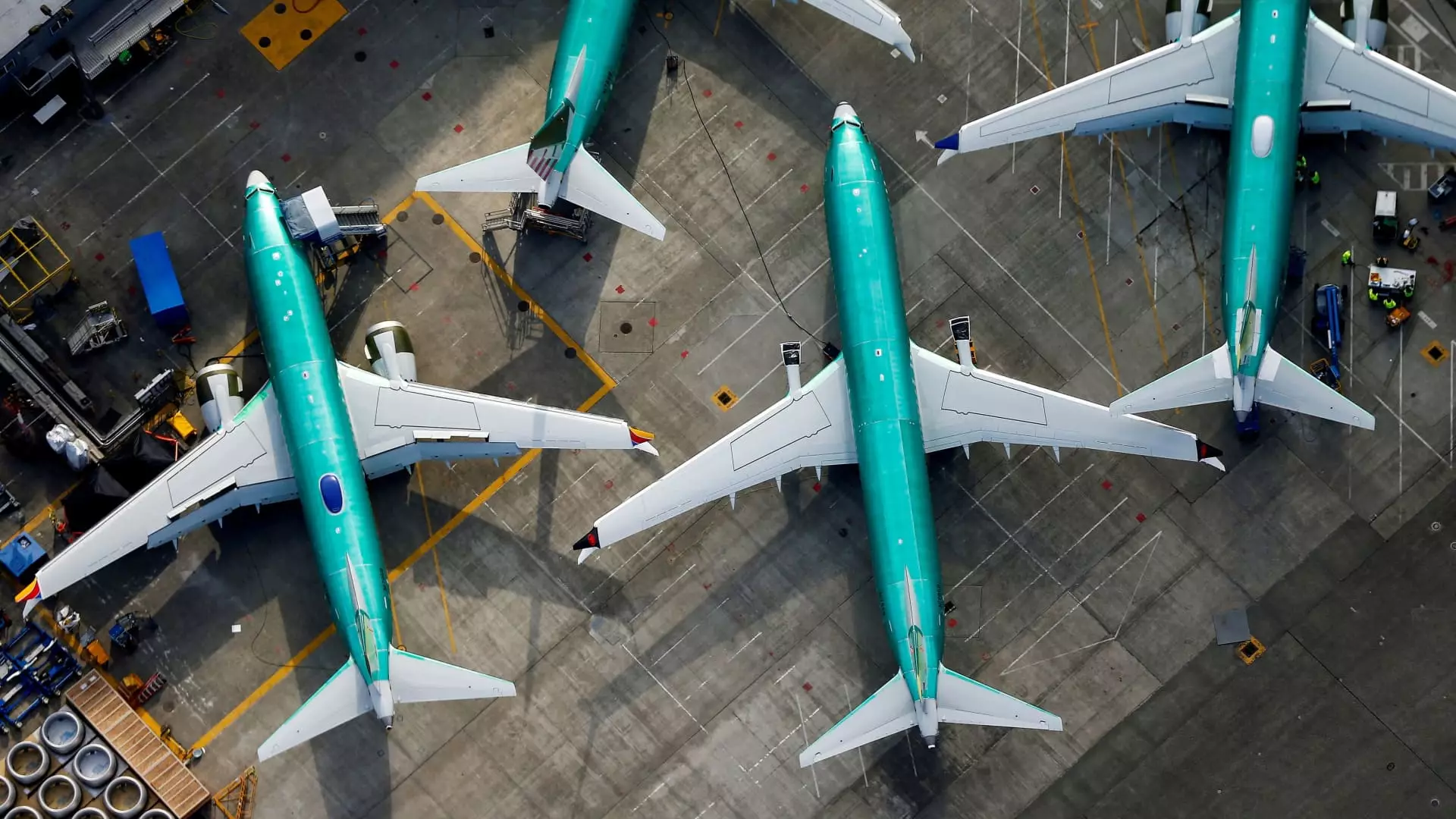The Federal Aviation Administration (FAA) has demanded Boeing to develop a plan within 90 days to enhance quality control following an incident where a door plug blew out of a relatively new 737 Max aircraft during an Alaska Airlines flight. This incident brought to light significant issues in the manufacturing process of the aircraft, specifically related to the missing bolts needed to secure the door panel.
FAA’s stance on the Issue
FAA Administrator Mike Whitaker has emphasized the importance of Boeing committing to substantial improvements in their production processes. He highlighted the need for Boeing’s leadership to drive fundamental changes and assured that the FAA would closely monitor their progress. The FAA is currently conducting an audit of Boeing’s 737 production lines to address the underlying quality control concerns.
The FAA’s decision to intervene in Boeing’s manufacturing processes has serious implications for the company. Boeing’s planned ramp-up of 737 Max planes has been put on hold until the regulator is satisfied with the improvements in quality control. The lack of alignment between senior management and employees on safety culture, as pointed out by an expert panel’s report, has further compounded Boeing’s challenges.
For Boeing to regain trust and address the concerns raised by the FAA and expert panel, they must demonstrate a commitment to implementing long-term, sustainable changes. This will require a collective effort from Boeing’s leadership, employees, and regulatory authorities. The company must establish clear milestones and expectations to ensure transparency and accountability in their quality control processes.
Boeing is currently facing a critical juncture in terms of ensuring the safety and quality of its aircraft. The 90-day deadline set by the FAA presents an opportunity for Boeing to reevaluate its production processes and prioritize safety and quality control. By taking proactive measures and demonstrating a genuine commitment to improvement, Boeing can rebuild its reputation and instill confidence in both regulators and the flying public.


Leave a Reply